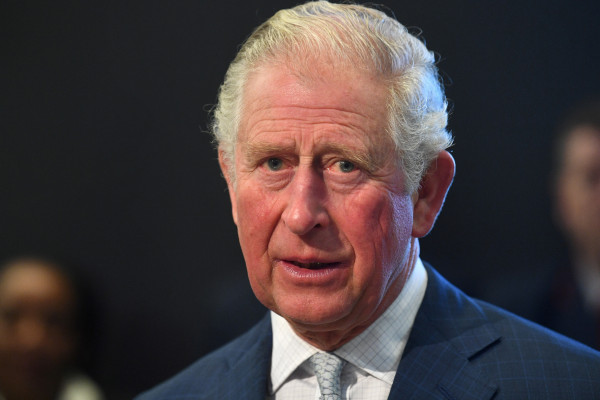Prince Charles Tests Positive For COVID-19

Clarence House has just announced that the Prince of Wales has tested positive for the novel coronavirus.
CNN reports that the 71-year old Charles, who is the oldest of Queen Elizabeth II's sons and heir to the British throne is only showing mild symptoms and is in fact "in good health." The official statement from the royal family says that they cannot ascertain where the prince has caught the virus.
Over the past few weeks, the Prince has been to quite a few engagements, including his most recent one which is a dinner and reception in London for the Australian bush fire. Before that, he went to a Water Aid charity event on March 20 with his wife, Camilla Parker-Bowles, the Duchess of Cornwall. Thankfully, it was reported that the duchess tested negative for the virus.
The couple has been staying in Balmoral Castle in Scotland. They were supposed to go on a tour that will take them through Bosnia and Herzegovina, Cyprus and Jordan in March, but they have since decided to postpone it due to the pandemic. They are not the only ones who have decided to postpone travel plans.
The queen who turns 94 next month, has also made changes to her schedule. Her husband, Prince Phillip the Duke of Edinburgh is now at Windsor with her majesty. The decision for their changing their schedules stems from the fact that the elderly are more at risk of getting complications from the virus.
Prince Charles met his mother briefly last March 12, according to BBC. The queen remains to be in good health according to the palace. There are no news yet on whether the rest of the royal family will quarantine themselves for the next days now that Prince Charles has tested positive. His sons Prince William and Prince Harry are yet to make a statement regarding the matter.
Just last week, Prince Albert of Monaco was reported to have tested positive for the virus. Prince Henrik, son of Prince Joachim and Princess Marie was also tested for the virus after having breathing problems. His results showed that he was negative for Covid-19.
Meanwhile, the latest count of those infected in the UK is over 8,000, with over 400 patients dying from the disease. Over 6,000 cases are from England, with the rest divided between Scotland, Wales and Nothern Island. Most of those who develop complications and become critical are the elderly and those with underlying conditions.













